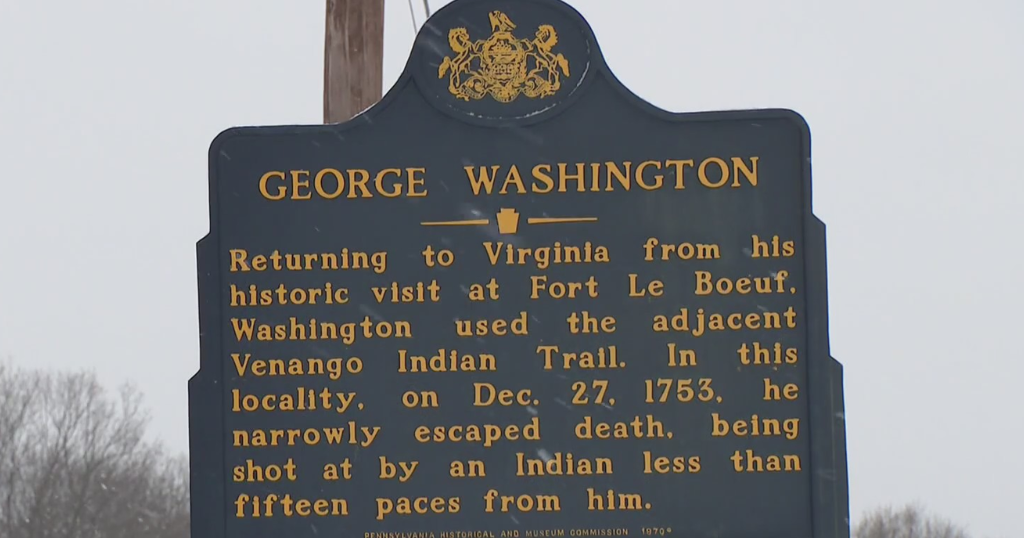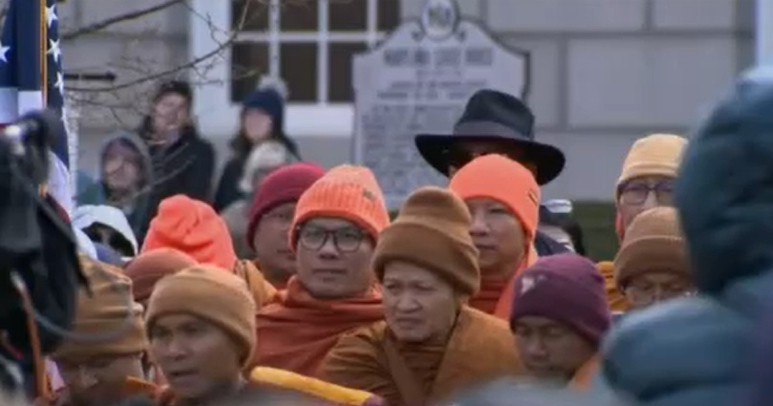Abe Lincoln's Texas Link Changed His Reputation Forever
FORT WORTH (CBSDFW.COM) – Most Americans enjoying the day off Monday may not be taking time to remember the two men President's Day is intended to honor: George Washington and Abraham Lincoln.
But there is a tie between Texas and Honest Abe that has changed the way generations of Americans remember him as a president.
Texas's biggest connection to President Abraham Lincoln is through the Port of Galveston. At the time the Civil War started, it was one of the busiest ports in North America.
After a bitter internal debate, Texas decided to secede.
"And once it joined The Confederacy, Galveston was its port of entry," said Gene Allen Smith, a history professor at TCU and Curator of History for the Fort Worth Museum of Science and History. "It was the primary lifeline to the east and the rest of the Confederacy."
"Now, very early in the war, Union gunboats were going to close that lifeline," he continued. "And when that happens, all of the sudden Texas is almost inaccessible."
The flow of goods to and from Texas practically ceased. And so did information.
Although slavery was relegated mostly to East Texas, the African-American view of Abraham Lincoln here would shape Lincoln's image and how we was remembered for more than a century.
"Most Texans they saw him as the embodiment of the Union," Smith said. "Now, of course, African-Americans, on the other hand, would see him as the great liberator."
Lincoln issued the Emancipation Proclamation freeing slaves in 1862 and it went into law with little real effect for slaves in 1863.
But Texas slaves didn't hear of the proclamation until June 19, 1865.
That's when the Union General sent to take posession of Texas read aloud "General Order No. 3," announcing the freedom of all slaves from the balcony of a Galveston mansion.
Spontaneous celebrations broke out in the streets of Galveston.
Every year in Texas, there were celebrations to remember "Juneteenth" as Freedom Day.
The celebrations grew, especially as freed slaves began building communities together.
In 1890, it became a Texas state holiday. And it gave a brief reprieve from segregation into the 20th Century in cities all over Texas, like Fort Worth.
"Juneteenth Day is the one day African-Americans were permitted to go to a public swimming pool," Smith said. "And it was the one day they could go into the zoo. It was one of those days that the, I guess, philisophic leaders of Fort Worth could 'give back' to the community. I guess they didn't realize, of course, there were 364 other days a year, either."
During and after the Civil Rights Movement recognition of Juneteenth spread outside of Texas borders and became a common day to recognize Emancipation Day.
Forty states and the District of Columbia now recognize Junteenth as a holiday. And its all because of a connection between a state isolated during war and one of the men honored on president's day.
The Fort Worth Museum of Science and History is hosting a special exhibit on Galveston and its influence primarily as a gateway for trade and immigration. Find out more here.







